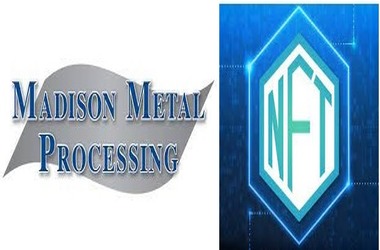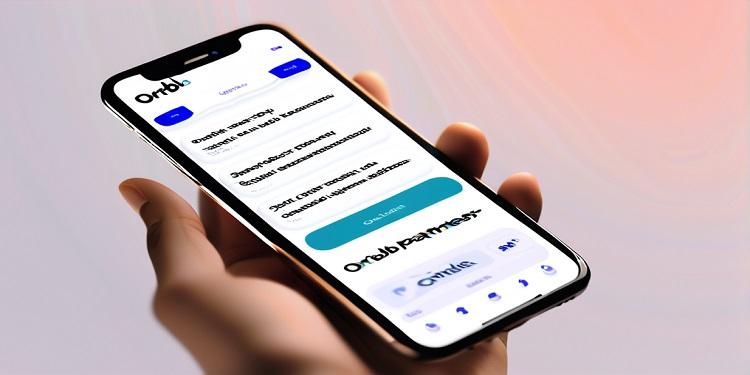 Duane Parnham, executive chairman and chief executive officer of Madison Metals, has long been regarded as an innovation in the mining industry. His current scheme to connect pounds-in-the-ground with non-fungible tokens (NFTs) is drawing interest in the typically staid uranium mining industry.
Duane Parnham, executive chairman and chief executive officer of Madison Metals, has long been regarded as an innovation in the mining industry. His current scheme to connect pounds-in-the-ground with non-fungible tokens (NFTs) is drawing interest in the typically staid uranium mining industry.
After market hours on September 30, Mattison Metals and Lux Partners Ltd. signed the first-of-its-kind uranium forward sales deal. Lux Partners runs Lux Network, the first decentralized blockchain maintained by a network of licensed bank and money transmitter partners.
The five-year exclusive supply deal stipulates the delivery of up to 20 million pounds of U 3 O 8 from Madison’s uranium properties in Namibia, once commercial production has commenced. The delivery of U 3 O 8 would back the first-ever non-fungible tokens backed by uranium. Lux will first tokenize 7.65 million pounds of U 3 O 8 given by Madison to the Lux partnership, with a further 12.35 million pounds to be minted if circumstances allow.
The tokenization of pound in the ground provides Madison Metals and unit holders with a variety of advantages, including:
• Expose unit holders to uranium market upside while also earning additional fees from lending and liquidity
• Provide non-dilutive capital to the company to explore, develop and mine its properties
• To potentially expand Madison’s investor base through exposure to crypto market investors
Currently, uranium sales and delivery are often facilitated by advance contracts. A forward contract is a tailored agreement between two parties to acquire or sell an item at a future date at a predetermined price. They may be used for both hedging and speculating, although their non-standardized character makes them more suitable for hedging.
On exchanges such as the COMEX, uranium contracts are also traded as futures market contracts, similar to forward contracts. Futures contracts consist of a single delivery at a future date and are priced at or near the spot market price at the time of purchase. Similar to an options deal, a futures contract requires both a buyer and a seller. In contrast to options, which may become worthless upon expiry, a buyer of a futures contract is bound to acquire and receive the underlying asset, while the seller of a futures contract is committed to furnish and deliver the underlying asset when the contract expires.
Madison Metals is now moving forward contracts to the blockchain via tokenization of its growing uranium resource in Namibia. However, similar to a conventional miner, its primary commitment is to fulfill the forward contract obligations to which it has committed through NFT issuance supported by Lux.








